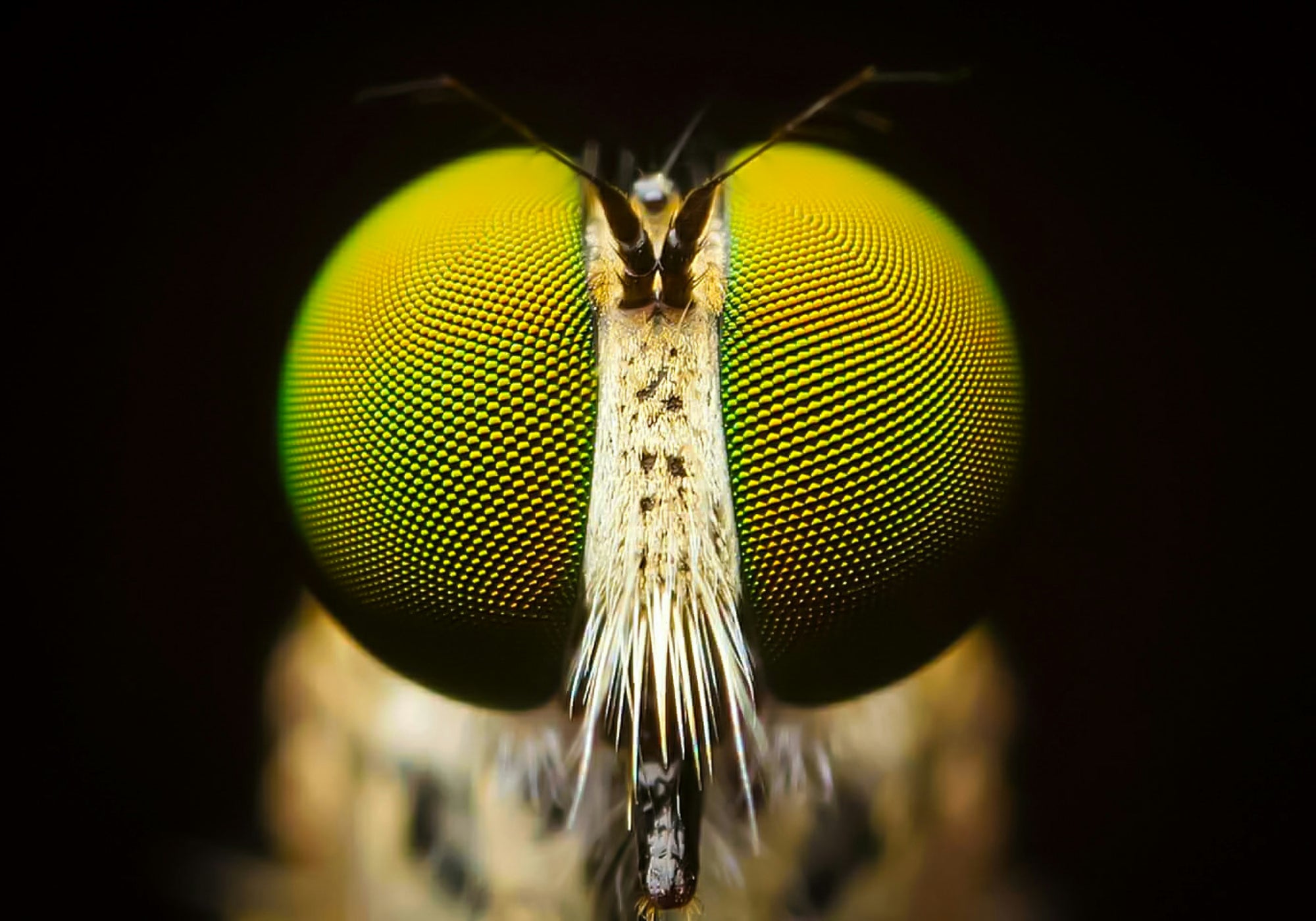
Opteran, a startup developing lightweight silicon ‘brains’ for use in robots and autonomous vehicles, has raised £2.1m in seed funding.
The Sheffield-based company said it will use the funds to develop its ‘natural intelligence’ technology.
The technology is inspired by insect brains, which are small yet capable of sophisticated decision making. This is done by optic flow, where smart neurons inside an insect’s brain are sensitive to visual motion.
The concept is based on eight years of research by Professor James Marshall and Dr Alex Cope.
Opteran, which is a University of Sheffield spin-out, believes that optic flow is a more efficient way to achieve autonomy than current machine learning techniques. The startup says it can reverse-engineer insect brains to create algorithms that don’t require extensive pre-training yet can see, sense and navigate their environments.
At approximately 30g, Operan’s technology could be integrated into lightweight autonomous vehicles such as drones, as well as driverless cars and mining robots.
The company said it was recently able to autonomously fly a drone weighing less than 250g using fewer than 10,000 pixels from a single low-resolution panoramic camera.
IQ Capital led the funding round, with participation from Episode1, Join and Seraphim Capital. Angel investors also provided funds, with investment also coming from a CCF grant.
It follows a pre-seed funding round from the British Business Bank’s Connecting Capabilities Fund.
Opteran said it will use the funds to improve the algorithms and chipsets over the next 18 months. This will include launching products for obstacle avoidance and reactive navigation, autonomous decision making, and a 360-degree camera.
It is also launching a development kit so that partner companies can begin embedding Opteran technology into their applications.
“2021 will be the year when natural intelligence will challenge deep learning in solving some of the most fundamental shortcomings in autonomous applications and this funding round will set Opteran on a path to be at the forefront of this next wave,” said David Rajan, CEO, Opteran.
“Already in a position to demonstrate the technology, we are confident that natural intelligence will become highly sought after as the way to deliver lightweight, low-cost and effective autonomy in a radically new way that will open up huge growth opportunities for robotics.”
Ed Stacey, partner at IQ Capital, said: “We are hugely excited to be working with Opteran, as Natural Intelligence adds a whole new dimension that will transform the way in which we create intelligent machines – starting with the design of more efficient silicon brains for robots and autonomous vehicles.
“We are delighted to be supporting them at the start of their commercial journey and are excited to see the technology they create and the role it plays in the wider AI market in the years ahead.”
Read more: Startup Deci scoops $9.1m to fund AI that redesigns AI







